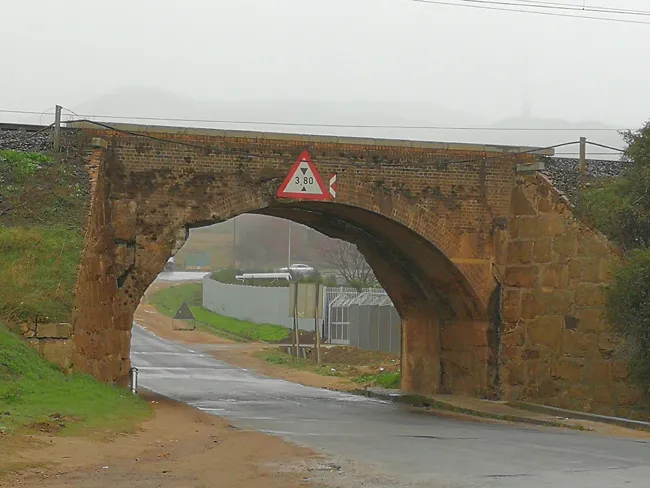French president Nicolas Sarkozy, during a ceremony highlighting road safety which rewards municipalities and departments for their efforts in the fight against road accidents, has announced that from spring next year, every car in France will have to carry a breathalyser.
April 24, 2012
Read time: 1 min
French president Nicolas Sarkozy, during a ceremony highlighting road safety which rewards municipalities and departments for their efforts in the fight against road accidents, has announced that from spring next year, every car in France will have to carry a breathalyser. The presence of the device, the most basic type which can only be used once and costs around €2 (US$2.70), will enable drivers to check if they can legally drive after drinking alcohol. Failure to carry a breathalyser will result in a €17 fine.
Alcohol is reportedly the biggest factor in deaths on the road in France with 28.5 per cent of fatalities involving a car driven by someone with an excessive blood alcohol level. The presence of a breathalyser in cars will allow individuals to assess whether they are able to drive after drinking, President Sarkozy said. He also confirmed the roll out of 400 new fixed speed cameras by the end of next year.
Alcohol is reportedly the biggest factor in deaths on the road in France with 28.5 per cent of fatalities involving a car driven by someone with an excessive blood alcohol level. The presence of a breathalyser in cars will allow individuals to assess whether they are able to drive after drinking, President Sarkozy said. He also confirmed the roll out of 400 new fixed speed cameras by the end of next year.







